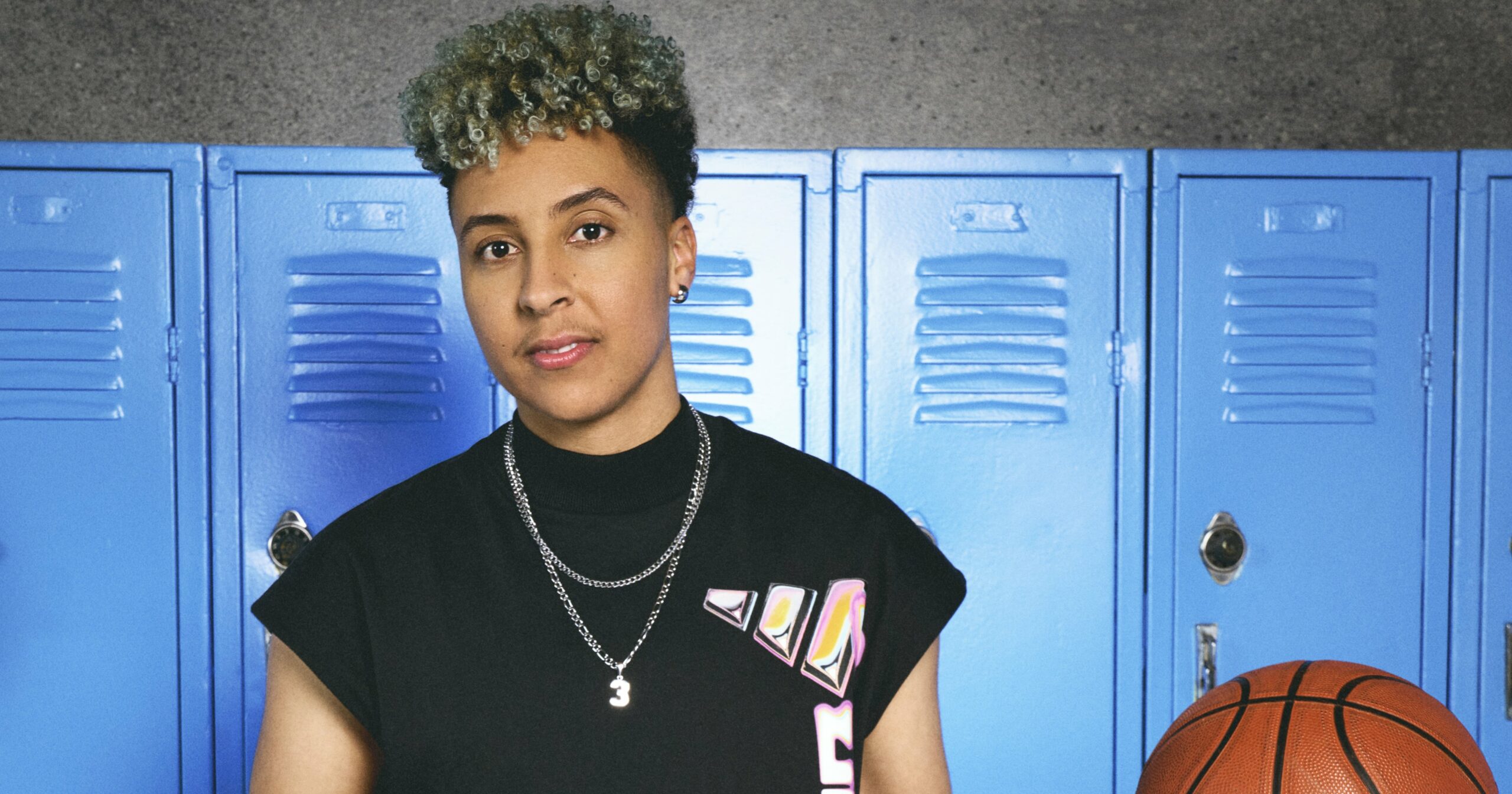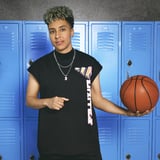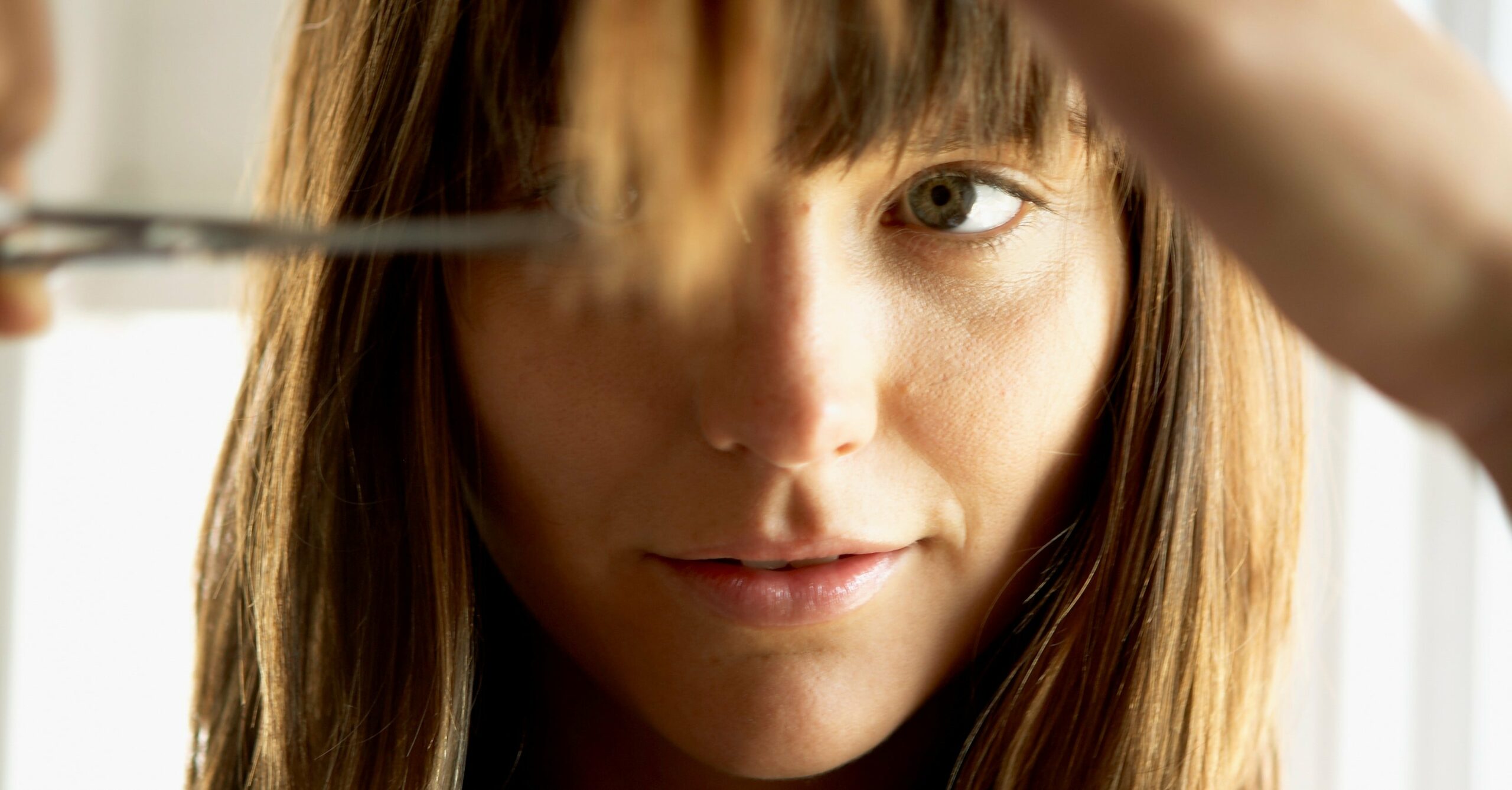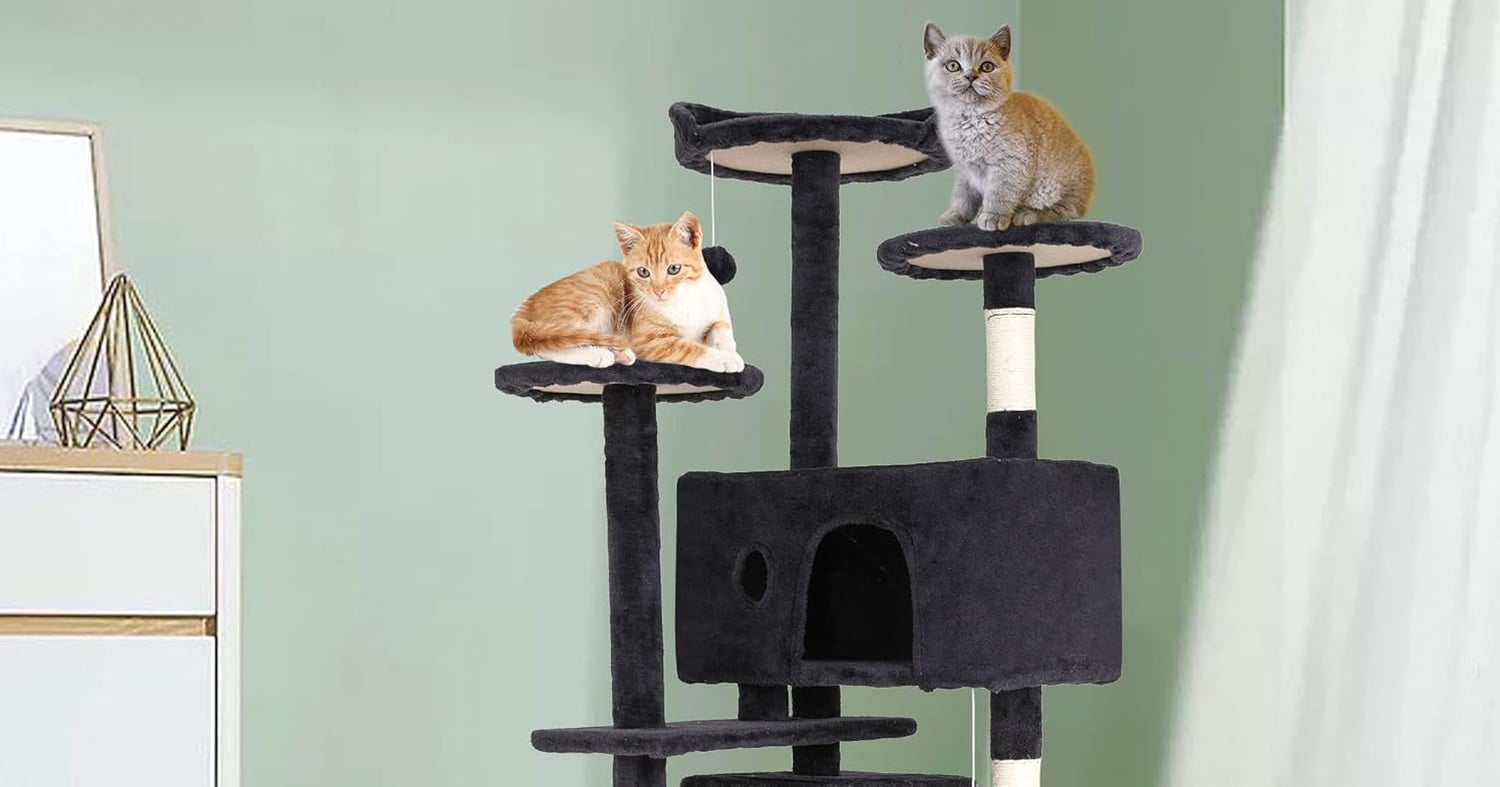“Trans women belong in sports.”
That’s the number one message Layshia Clarendon, Los Angeles Sparks guard, hopes to spread. And they’re putting in the work to make sure their voice is heard.
Clarendon has been speaking up about the importance of LGBTQ+ equality in sports for years, writing op/eds on the subject for multiple outlets including The Players Tribune and CNN, and serving as the ambassador for Athlete Ally, an organization focused on empowering LGBTQIA+ athletes in sports. The WNBA athlete also founded the Layshia Clarendon Foundation, to provide support and resources for trans individuals.
It’s a cause that’s close to Clarendon’s heart, as the first openly non-binary WNBA player and the first WNBA player to have top surgery. “Sports give people a place to belong. So much of my experience has been being a part of a team, and being seen and whole,” Clarendon tells PS in an exclusive interview as part of their partnership with Adidas on the brand’s new Pride collection. “It’s infuriating and disheartening when sports becomes a thing that excludes people – because it’s actually the most beautiful and amazing thing about it. No matter which person you are on the team, you’re on the team.”
Clarendon is referring to the anti-trans policies and rules that aim to restrict trans players from participating in sports, which create barriers and exclude individuals from the community Clarendon has enjoyed. According to an Adidas press release, “43 percent of the LGBTQIA+ community don’t participate in sport regularly, and nearly 50 percent would like to participate more.”
In fact, inclusion in sports can be life-saving, especially for trans youth. “There’s so much power and strength and community when you’re a part of something,” Clarendon says. “We all want to belong to something – whether that’s the team at work, a basketball team, our community, our family, an organization, or the YMCA. We need to feel like we belong in society to be healthy.”
While it’s essential to make our voices heard during local and federal elections, and vote for lawmakers who oppose anti-trans sports bans and anti-LGBTQ+ policies in general, representation can make a huge difference when it comes to inviting LGBTQ+ people in. For example, Clarendon’s presence on the court allows for the next generation of trans or non-binary young people to see that it’s possible for someone like them to play professional sports.
Clarendon says that the campaign with Adidas is elevating their voice and those of the other LGBTQ+ athletes involved in the collection (including Tom Daley, an Olympic diver, Hudson Taylor, the founder of Athlete Ally, and Jo Kokkinopliti, a player of Stonewall FC London, a trailblazing LGBTQ+ football club based in Britain). In a locker room chat, the group was asked about exclusion and the biggest challenge they face as LGBTQ+ athletes. Kokkinopliti immediately replied, “To exist. To be visible. To prove all the time that you’re good enough,” which was met with full-fledged agreement by Clarendon.
In addition to using their Pride collection as an opportunity to center LGBTQ+ voices, the pieces included were designed in collaboration with Brazilian drag queen and singer, Pabllo Vittar. The collection is a celebration of representation and the multifaceted identities within the LGBTQ+ community. For Clarendon, the representation within the collaboration is meaningful because Adidas is not just a company that will, as Clarendon puts it, “just throw a rainbow on something,” and “pump out products to sell to a community.” Instead, the company, “actually [brings] in the community to create a design – and to have the designer be visible, front and center,” they say.
Ultimately, Clarendon feels hopeful about the future of inclusion in sports for LGBTQ+ communities. They name the Adidas-sponsored Athlete Activism Summit, an event focused on building community for young athletes and sports professionals, and promoting inclusion for LGBTQ+ players in sports, as something that’s making them optimistic about the future of LGBTQ+ inclusion in sports.
Clarendon also spoke to PS about how she takes care of her mental well-being, both when faced with unexpected setbacks and stress. “Trying to stay in the present moment” is key, they tell PS. “When I get ahead of myself, that’s when the fear and anxiety comes in. Staying present keeps me mentally sane and well.”
To that end, Clarendon expresses immense gratitude for the mental-health providers he’s had the support of during his WNBA journey. “We’re whole people, too, not just athletes. We might have stuff going on with our families,” Clarendon says. “We’re not machines or robots.”
Their understanding of the importance of mental healthcare is part of the reason they founded Layshia Clarendon Foundation. Clarendon tells PS the mission of the foundation is, “to increase more access to healthcare to trans folks, allow for more access to top surgery, life affirming care, other surgeries, or hormones for players who may not have access or means to afford.”
Through and through, Clarendon expresses a commitment to the ideas of belonging, inclusion, and access for trans athletes. “I think sports has the power to continue to include people, especially young people; to give them access to something as life-saving as belonging in a sport when maybe you feel like you don’t belong in any other place,” they tell PS.
When asked about the next direction of the WNBA and women’s sports, Clarendon shared, “I think the future of women’s sports is like, we’re just scratching the surface of it, and I’m so grateful and elated to still be playing at this moment and time, it’s really cool to be a part of.”
Jade Esmeralda, MS, CSCS, is a Staff Writer, Health & Fitness. A life-long martial artist and dancer, Jade has a strong passion for strength & conditioning, sports science, and human performance. She graduated with a Master of Science degree in Exercise Science and Strength and Conditioning from George Washington University.




